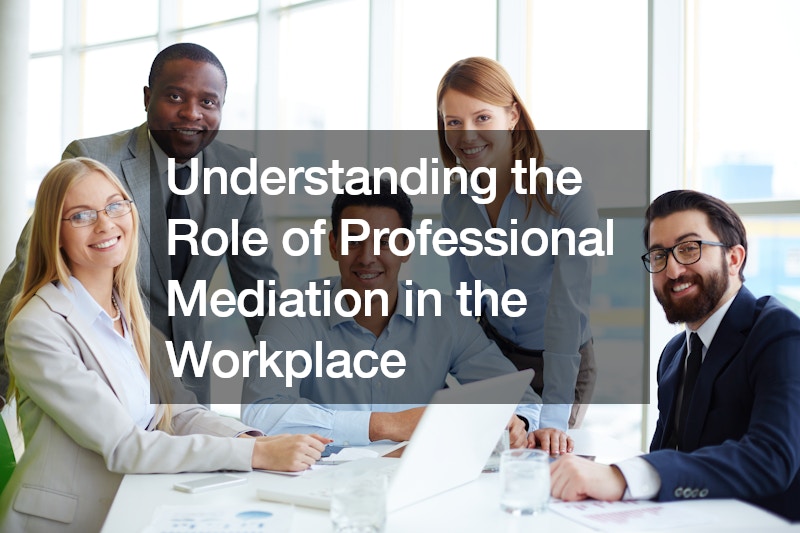In today’s dynamic and diverse workplaces, conflicts are inevitable. Whether it’s a disagreement between colleagues, a clash of management styles, or issues arising from organizational changes, conflicts can disrupt the workplace environment and affect productivity. This is where professional mediation and arbitration services play a crucial role.
The Mediation Process
The mediation process typically involves several stages:
- Preparation: The mediator meets with the conflicting parties individually to understand their perspectives and gather relevant information. This stage helps the mediator to build rapport and trust with each party.
- Opening Session: The mediator brings the parties together for a joint session, sets the ground rules, and outlines the mediation process. This session aims to establish a cooperative atmosphere and encourage open communication.
- Exploration: During this stage, each party presents their side of the story. The mediator facilitates the conversation, ensuring that each party listens to and understands the other’s viewpoint. This stage is crucial for identifying the underlying issues and interests behind the conflict.
- Negotiation: With the mediator’s guidance, the parties explore potential solutions and negotiate terms that are acceptable to both. The mediator helps to clarify misunderstandings and keeps the discussion focused on resolving the conflict.
- Agreement: Once the parties reach a consensus, the mediator helps them draft a written agreement outlining the terms of the resolution. This agreement serves as a formal commitment to the agreed-upon solution.
Benefits of Professional Mediation
Professional mediation and arbitration services offer several benefits for the workplace:
- Improved Communication: Mediation encourages open and honest communication, which can improve relationships and understanding among employees.
- Conflict Resolution Skills: Employees learn valuable conflict resolution skills that can help prevent future disputes.
- Cost-Effective: Mediation is often less costly and time-consuming than formal grievance procedures or litigation.
- Confidentiality: Mediation sessions are private, ensuring that sensitive issues are handled discreetly.

